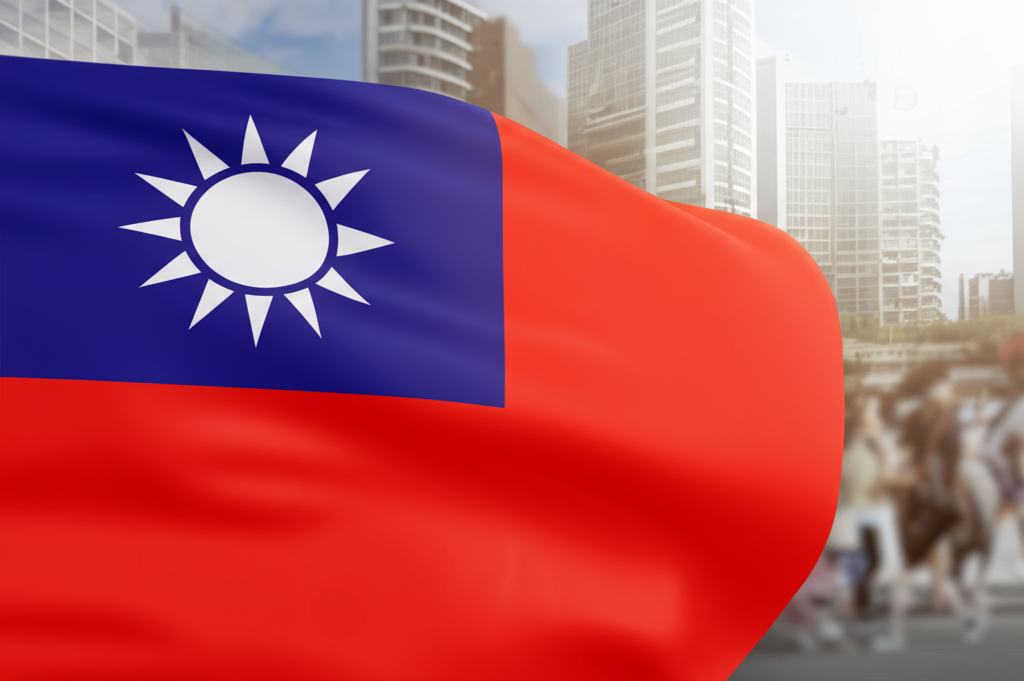US Reaffirms Commitment to Taiwan: A Strong Ally in a Shifting World
AIT Director Highlights Deepening US-Taiwan Ties and Shared Interests in a Dynamic Indo-Pacific

American Institute in Taiwan (AIT) Director Raymond Greene emphasized the unwavering commitment of the United States to its allies and partners in the Indo-Pacific region during a recent conference in Taipei, underscoring the critical importance of cooperation in the current global landscape.
Speaking at the "Taiwan Forward: Driving Modernization Amid Shifting Global Dynamics" conference held at National Taiwan University (NTU), Greene stated, “The United States stands strong with our allies and partners in the Indo-Pacific. We’re taking decisive actions to counter threats against economic resilience and advanced shared interests.”
Greene highlighted the significance of collaboration, stating that it makes “the US, Taiwan and all of our regional allies safer, stronger and more prosperous,” echoing remarks by Minister of Foreign Affairs Lin Chia-lung (林佳龍).
He noted that in the past decade, many nations, recognizing Taiwan's commitment to universal values, have increased support for its resilience and international participation, including shifting investments from China to democratic countries.
Acknowledging existing challenges, Greene discussed Taiwan's advancements in artificial intelligence (AI) but recognized the need to bolster software development, partially due to concerns about the influence of Chinese-language large language models.
Addressing Taiwan's security concerns, Greene emphasized that the US is aware of China’s aggressive tactics, including military, economic, and diplomatic means used against Taiwan.
“The United States has a stake in these questions and in Taiwan’s success,” he said, mentioning that the US and Taiwan are leaders in advanced technology, that the number of Taiwanese students in the US is growing, and that Taiwan is the US's seventh-largest trading partner.
“Maintaining the status quo in the Taiwan Strait is critical for the United States and the entire world,” the AIT director stressed.
Referring to comments by US Secretary of State Marco Rubio, Greene reinforced the US’s longstanding position on Taiwan, stating that the US opposes “any forced, compelled, coercive change in the status of Taiwan.”
“The challenges Taiwan faces are not only challenges for Taiwan, but for the United States, and the entire world,” he said. “A strong, resilient Taiwan, and a stable and peaceful Indo-Pacific are the foundations of modernization.”
The conference was organized by the Taiwan Program at Stanford University’s Walter H. Shorenstein Asia-Pacific Research Center and co-sponsored by NTU’s Office of International Affairs. It featured panel discussions with academics from Stanford University, NTU, and other universities across Taiwan, Japan, South Korea, and Singapore, along with Taiwanese industry leaders. The discussions covered a wide range of topics, from AI innovation and semiconductors to entrepreneurship, biomedical advancements, healthcare, and Taiwan’s demographic changes.
